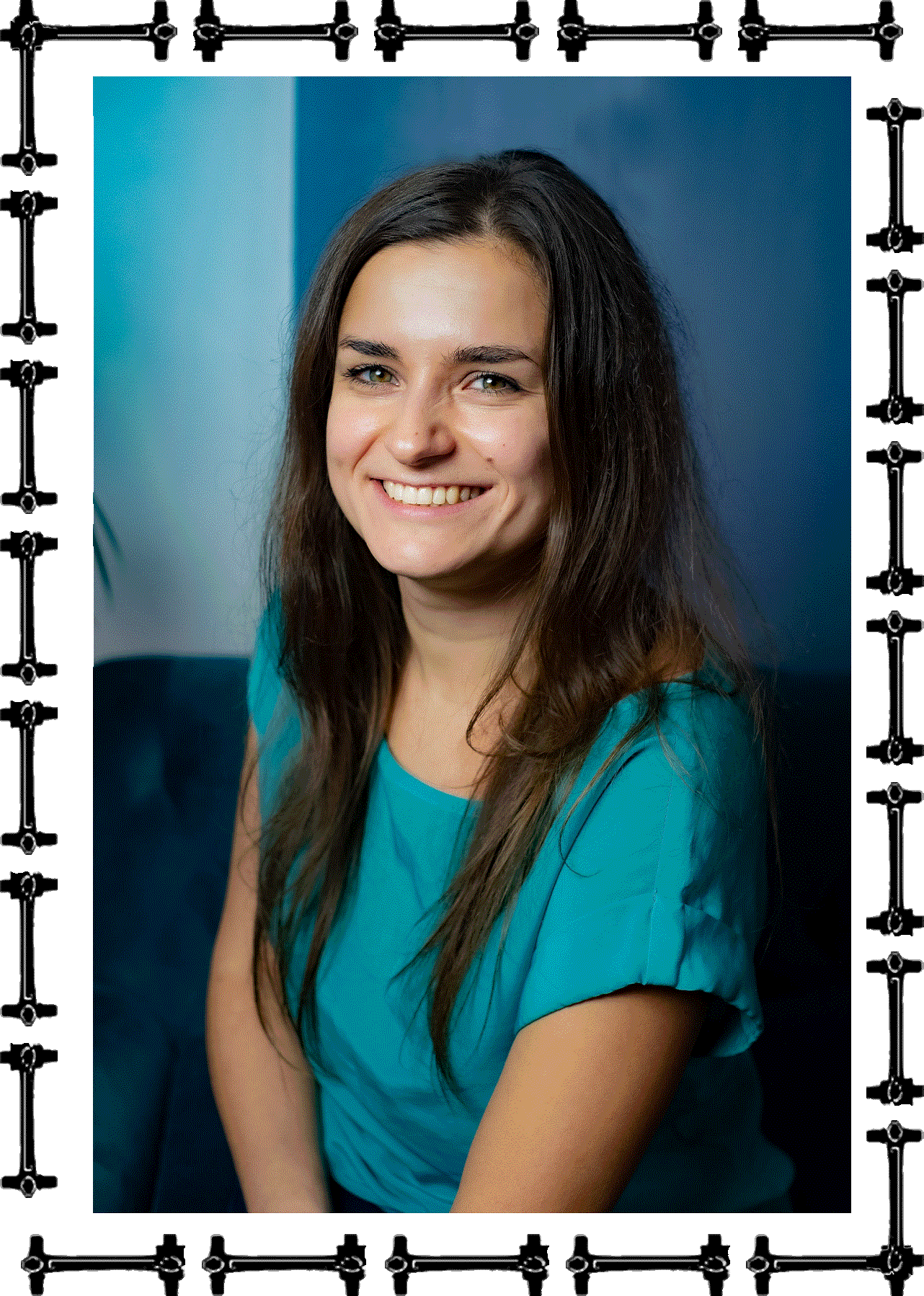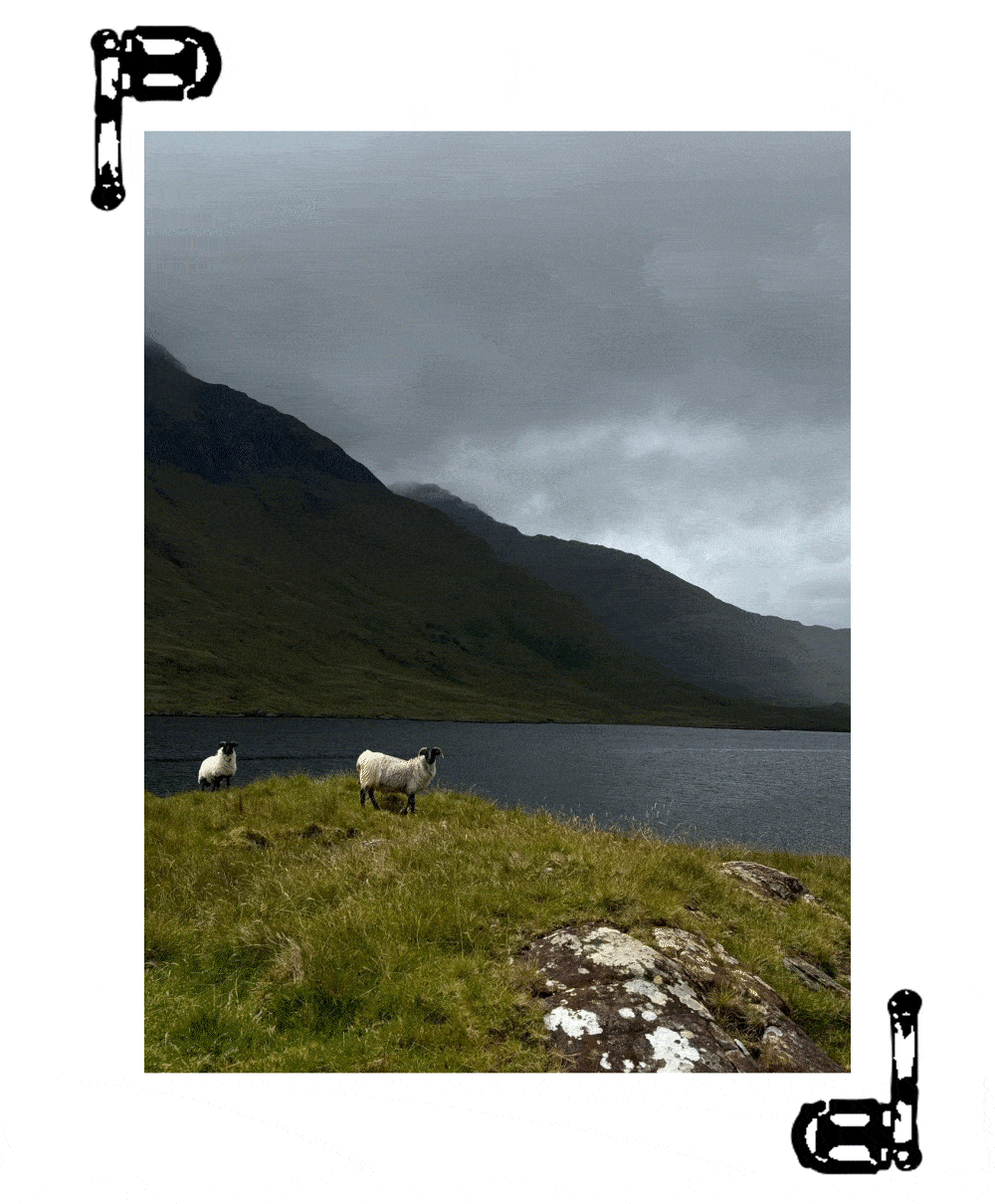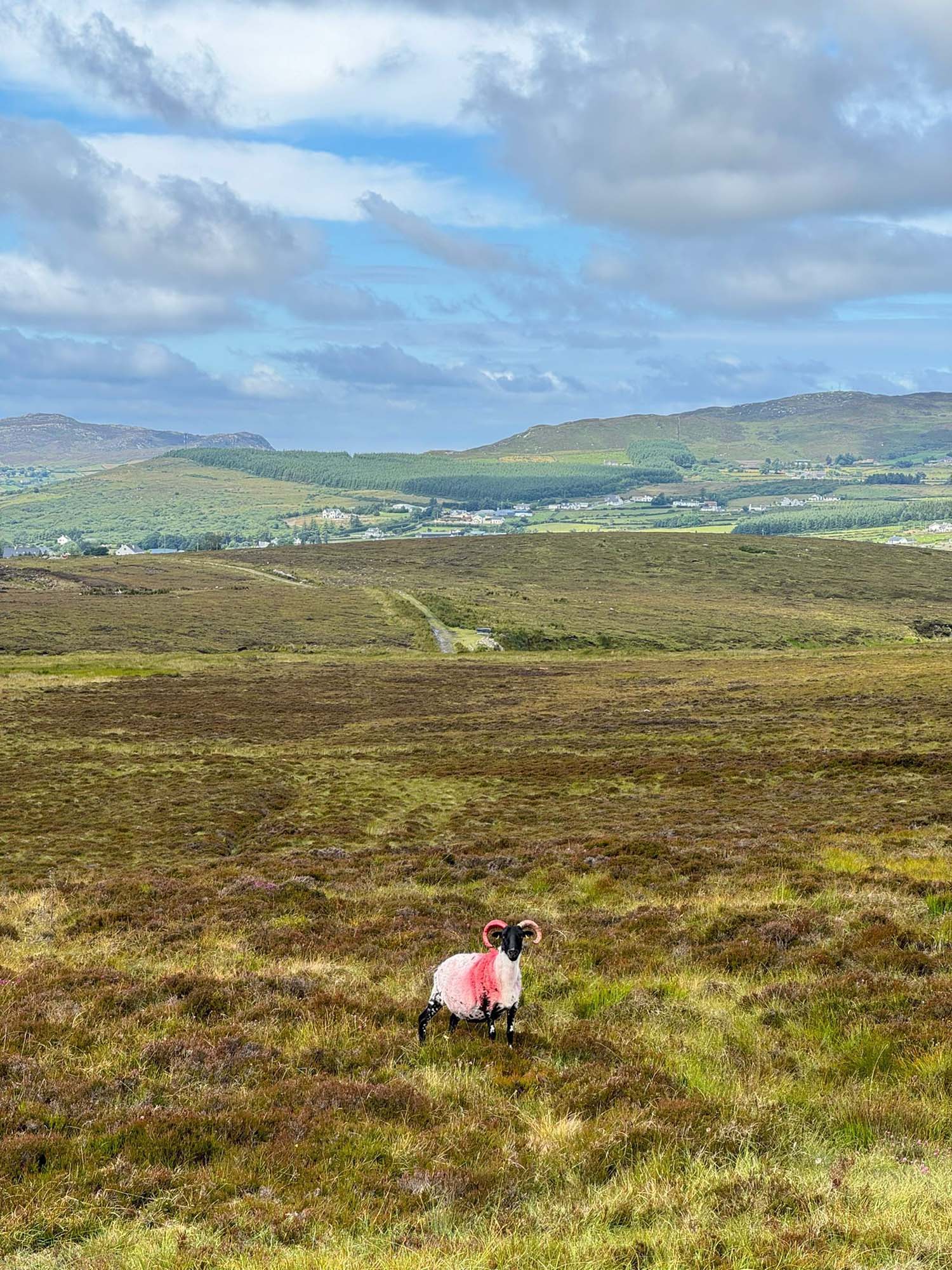
Loreta Sindi interviews Liis Tamman, who explains how to conquer the Wild Atlantic Way like a true adventurer.
I first met Liis at a training session for aspiring entrepreneurs. I wanted to gain more confidence in creating a business around being a yoga teacher, and she was and still is a coach who had then just recently landed back in Estonia after studying in Holland. Over the years since that first meeting, I have followed her adventures on Instagram. We have met face-to-face twice more — once when I tried wakeboarding, and the other when I said yes to an Estonian Independence Day hike, which lasted for two days and involved sleeping in a military tent in -20 degrees (yes, it was around 24 February). These two experiences were my "firsts," and I think they perfectly encapsulate the kind of person Liis is: adventurous, curious, full of life, and always encouraging people to experience all the wonderfulness one gets to experience in this world.
This summer, Liis undertook an almost month-long journey cycling in Ireland on a trekking and biking route known as the Wild Atlantic Way, considered one of the most beautiful coastal routes in the world. The passage runs along Ireland's west coast, from south to north, and was established in 2014. Here’s her account on it!

What was new for you?
Flying with a bike, camping for three weeks straight, and in total cycling over 11,100 meters of elevation gain, which is more than Mount Everest.
How do you prepare if you are not an athlete?
First of all, it's a good idea not to take things too seriously. What happens if you can't or don't want to ride halfway through? Nothing! Once that is clear, then it's worth thinking through.
- Equipment (bike, helmet, pannier, lightweight tent, sleeping bag, mattress, cooking gear, etc.)
- Your physical capability (ride daily as much as you are able to handle; ideally, have a friend or accountability partner ride with you.)
What helped me the most to prepare was talking to people! I spoke with a solo female hiker who had previously cycled this route, and her thoughts and enthusiasm were encouraging. I also participated in Pöörirando for the first time, a 24-hour bike ride with various checkpoints, with 160 participants this year, including 20 women. Going to places where cyclists gather, you discuss various equipment topics and get valuable tips. It's also good to do a test trip; we, for example, cycled around Lake Võrtsjärv in two days, allowing us to test moving with full gear.

What is it like to sleep in a tent for three weeks?
Ireland has an Atlantic climate, so wind and rain are constant companions. On a long-distance ride, the basics become paramount—where to eat, get warm, and sleep. Thus, the tent becomes home, a safe and sound refuge. Finding camping spots is relatively easy, as wild camping is fine in Ireland. We slept in sheep pens by the ocean, lakes, and rivers. We usually looked for a spot with water and a good view.

Does Guinness taste different in Ireland than in Estonia?
A great friend living in Ireland said amusingly that it's perfectly fine to go to a pub for lunch, order black tea with milk, and sip Guinness in between. Guinness indeed tastes better in Ireland than elsewhere, and guess what? They also sell Guinness Zero!
What makes Ireland special?
People! I have thought about how it is possible that people are so warm and welcoming in such a harsh climate battered by ocean winds. Everyone is curious about who you are and what you do. They ask questions and want to have real conversations. They take the time to talk. Standing in line at the store, they don’t just say “Hello” but quickly burst: "Hi, how are you?" To which you don't necessarily have to respond. But if you answer back with a quick reply of "Hi, how are Youuuu?" you can get something like: "Thank you for asking, hardly surviving" as I got from one man. Which then continued with a brief overview of his day.

Were there any incidents that happened during the tour?
There were many. Our tent pegs were taken away at the airport because I forgot them in my carry-on, and they are considered cold weapons. On the road, my travel companion and I nicknamed each other Hobbo King and Hobbo Queen, as sometimes we couldn't wash for seven days. Irish hospitality allowed us to sleep under a roof for free for one night out of the three weeks. I joked that it was thanks to my travel companion Alo's bike butt, which he had developed from riding and which impressed the woman standing in line at the store. The most useless item taken along was the solar charger for the phone – there was no sun!
What should one do if they want to take the same route?
Buy a plane ticket and make it happen.
